**Note: This page is for educational inspiration and is not officially affiliated with World Poetry Day. For official information, themes, and resources, please visit the UNESCO website: www.unesco.org/en/days/poetry.
Saturday 21st March 2026
Understanding World Poetry Day in EYFS & KS1
Let's play with words and make beautiful poems! 📝✨ World Poetry Day is celebrated every year on March 21st. It was chosen by UNESCO (a part of the United Nations) in 1999. The main idea of this day is to encourage everyone, everywhere, to read, write, share, and learn about poetry. It also celebrates how special poetry is because it can show us the creative spirit of our minds in a unique way. It wants to help us use lots of different languages and make sure that languages that are not often heard get a chance to be shared through poems.
For early years settings, nurseries, preschools, childminders, and Year 1 and Year 2 classrooms, this day provides a fantastic and imaginative theme for exploring language and communication, literacy, creative expression, rhythm and rhyme, and personal, social & emotional development (PSED). It's about introducing children to the joy of words, the power of imagination, and the beauty of sounds and patterns in language. This day offers wonderful planning ideas and inspiration for engaging activities that truly resonate with young minds, making learning about words and storytelling both essential and magical!
Why Is Learning About Poetry Important for Young Children?
Integrating World Poetry Day and lessons about poetry and rhyme into your practice with young children (aged 0-7) is incredibly important for fostering language development, promoting literacy skills, and nurturing creativity.
Language Development: Enhances vocabulary, understanding of word meanings, and ability to express thoughts and feelings.
Phonological Awareness: Develops sensitivity to the sounds of language (rhyme, alliteration), which is crucial for early reading.
Creativity & Imagination: Encourages imaginative thinking, storytelling, and self-expression.
Emotional Expression: Provides a safe and creative outlet for children to explore and articulate emotions.
Memory Skills: Rhyme and rhythm make words memorable, aiding recall and recitation.
Literacy Foundation: Lays a strong foundation for reading and writing by engaging children with the musicality and structure of language.
Engaging Poetry & Rhyme Activities for World Poetry Day (0-7 Year Olds)
Let's make some word magic for World Poetry Day with these planning ideas and activities perfect for EYFS and KS1 children. The focus is on playing with words, discovering rhythm, and expressing ourselves! Many of these early years and year 1 activities can be supported by our dedicated 'EYFS & KS1 Poetry & Rhyme' resources, as well as broader 'Communication & Language' and 'Literacy' themed materials.
Here's some inspiration for celebrating poetry in your setting: (Please use your own discretion and knowledge of your children to ensure appropriateness of each activity and safety concerning any materials given and activity undertaken.)
Nursery Rhyme Fun: Revisit favourite nursery rhymes.
Use 'World Nursery Rhyme Week' Colouring Posters’ to inspire creative responses.
Sing and explore the words of classics like 'Five Little Speckled Frogs - Words/Lyrics Poster - Colouring' and 'The Wheels On The Bus - Words/Lyrics Poster - Colouring'.
This links directly to our 'Nursery Rhymes' theme.
Poetry Colouring: Encourage children to illustrate poems or draw what a poem makes them feel.
Use 'World Poetry Day - Colouring Posters' as a starting point.
Nature-Inspired Poems: Go on an outdoor walk and encourage children to describe what they see, hear, and feel using descriptive words.
Use the 'In The Garden' Poem Sheet' as an example or inspiration for simple observation poetry.
Rhythm and Rhyme Games:
Play rhyming games (e.g., "I spy something that rhymes with...").
Clap out the rhythm of simple poems or songs.
Creating Simple Poems:
Help children create "I Like" poems (e.g., "I like red. I like green. I like playing on the trampoline.").
Try simple acrostic poems using their names or favourite animals.
Poetry Performance: Encourage children to recite their favourite rhymes or short poems. This builds confidence in speaking and listening.
Storybook Connections: Connect poetry to well-known stories. Many traditional tales have rhythmic elements or can inspire short poems.
Explore themes through stories like Goldilocks and the Three Bears, Jack and the Beanstalk, Little Red Riding Hood, The Enormous Turnip, The Gingerbread Man, The Little Red Hen, and The Three Little Pigs.
Characters like Fairies and Mermaids and Mermen can inspire imaginative poems.
Explore More: To explore our full catalogue of Poetry resources, please visit our ‘EYFS & KS1 Poetry & Rhyme’ page. For additional ‘Literacy’ resources, visit our ‘Communication & Language’ and ‘Literacy’ 'Area of Learning' pages. Dedicated KS1 ‘English’ Curriculum pages are also coming very soon!
These activities offer great inspiration for making World Poetry Day a memorable and impactful experience in your early years and Key Stage One setting, fostering language skills, creativity, love for literature, and an appreciation for the beauty of words.
To explore ideas surrounding additional early years events, please visit our 'Special Dates Calendar' page.
Printable resources to support teaching & learning surrounding: ‘World Poetry Day’
To explore our full catalogue of Poetry resources, please visit our ‘EYFS & KS1 Poetry & Rhyme’ page.
For additional ‘Literacy’ resources, visit the following ‘Area of Learning’ pages:
(Dedicated KS1 ‘English’ Curriculum pages coming very soon!)
Additional Pages you may like to explore which cover relevant &/or Connected themes
More Early Years Event Pages for March
Explore special dates (including awareness dates, festivals, celebrations & events) relevant to your EYFS & KS1 children
Browse our ‘Special Dates Calendar’ page using the link below. You’ll find calendars for every month of the year to aid your planning!
SEARCH ‘LITTLE OWLS Resources’ USING THE FOLLOWING MENU BUTTONS…
Disclaimer:
This page is for educational purposes only and is intended to support early years and primary practitioners with ideas and resources related to 'World Poetry Day'. We are not officially affiliated with or endorsed by UNESCO (the United Nations Educational, Scientific and Cultural Organization), which established this event. We do not claim any rights to specific trademarks or official materials associated with this event. For official information, themes, and to learn more about the importance of poetry in promoting linguistic diversity and human creativity, please visit the UNESCO website: www.unesco.org/en/days/poetry.























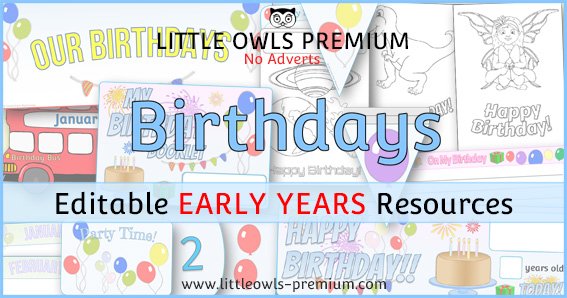
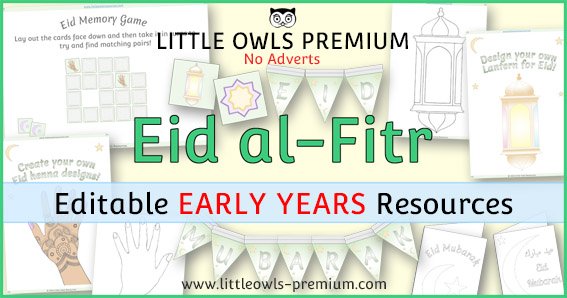
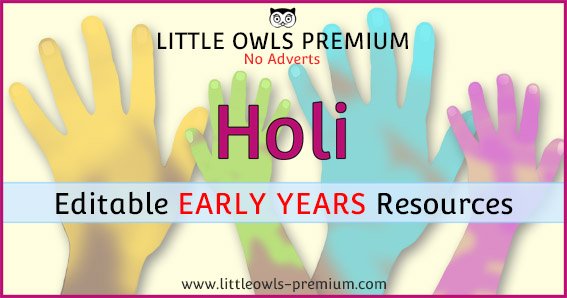
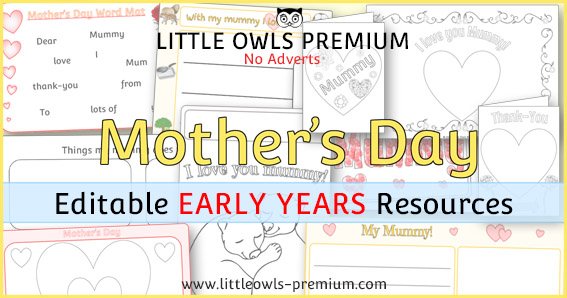

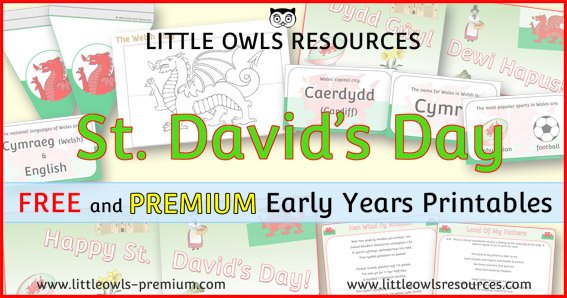
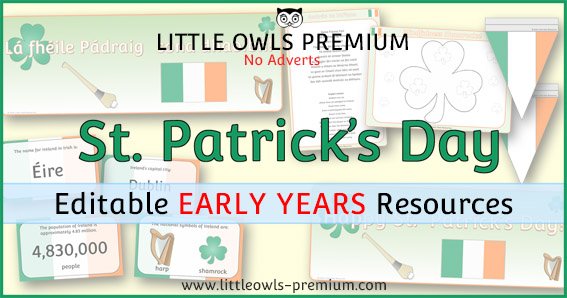















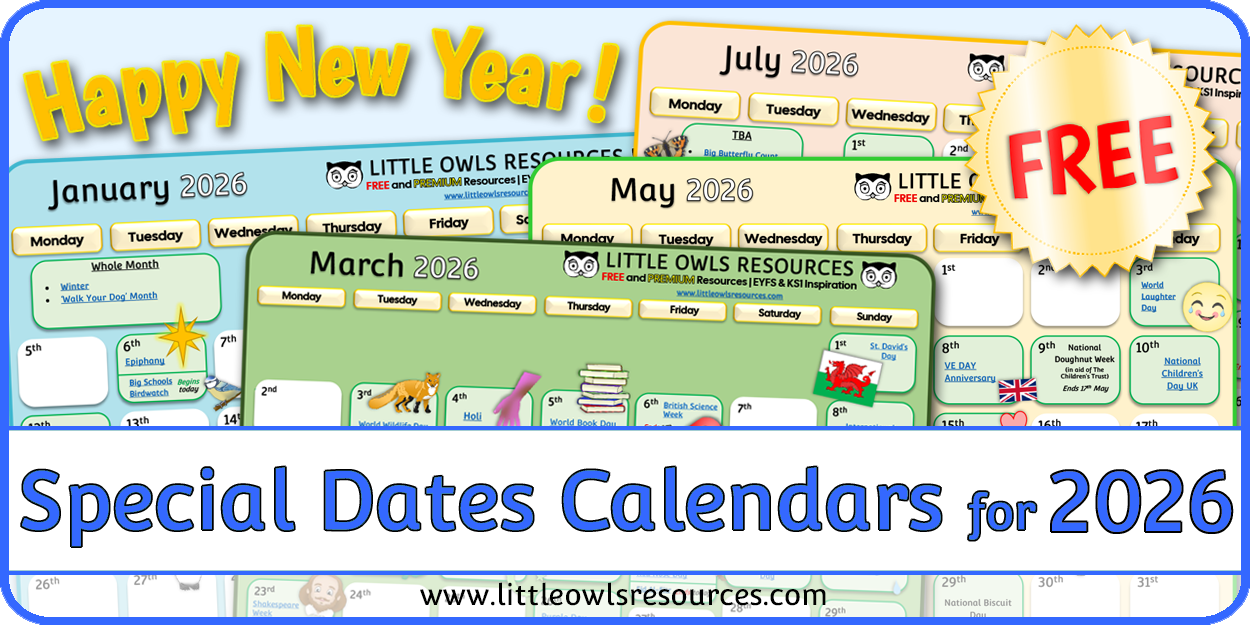
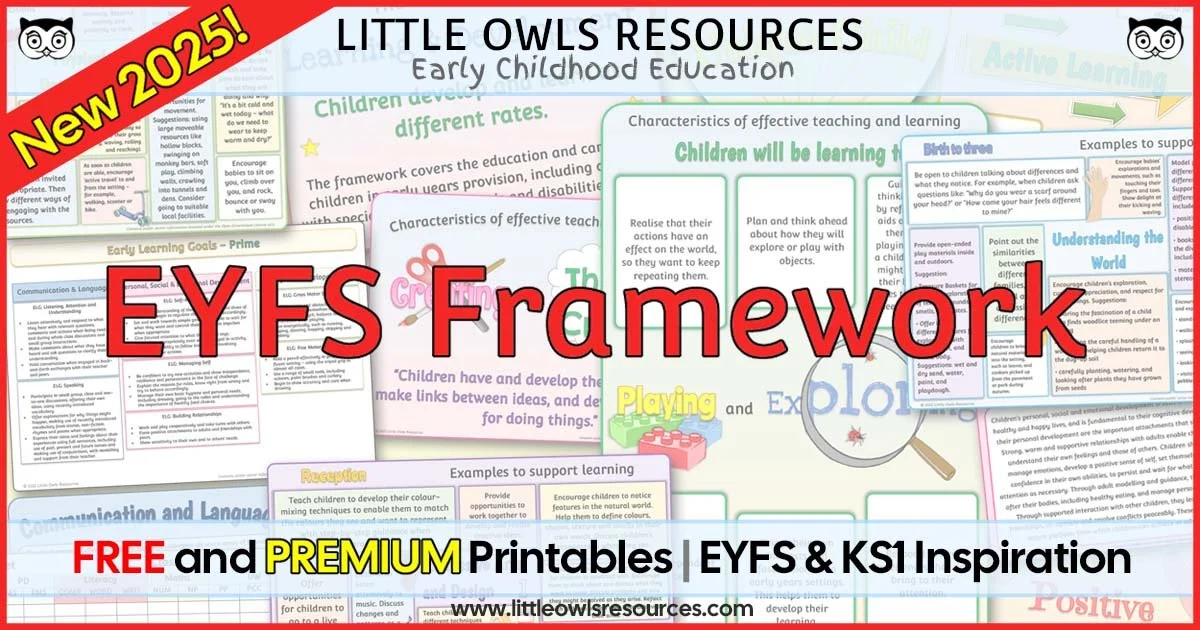

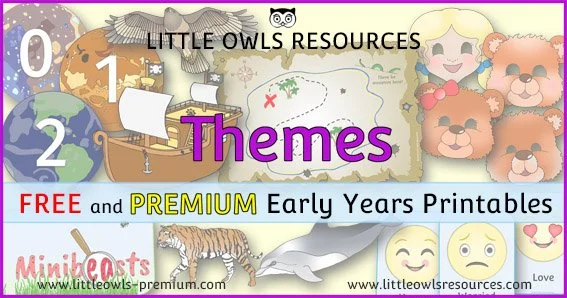

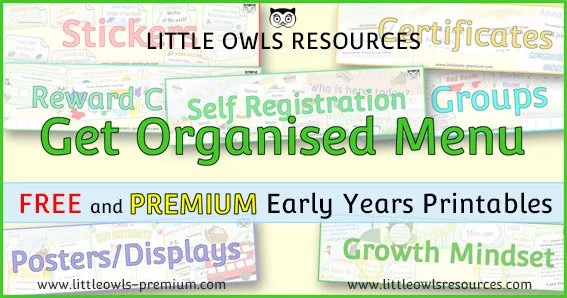

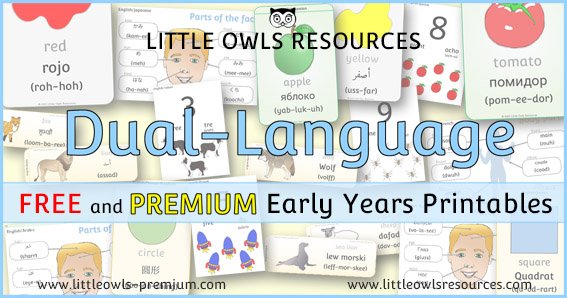
Let's learn about being kind and understanding towards everyone, especially for Purple Day! 💜🎗️ Purple Day is a special international day celebrated every year on March 26th. It was started in…